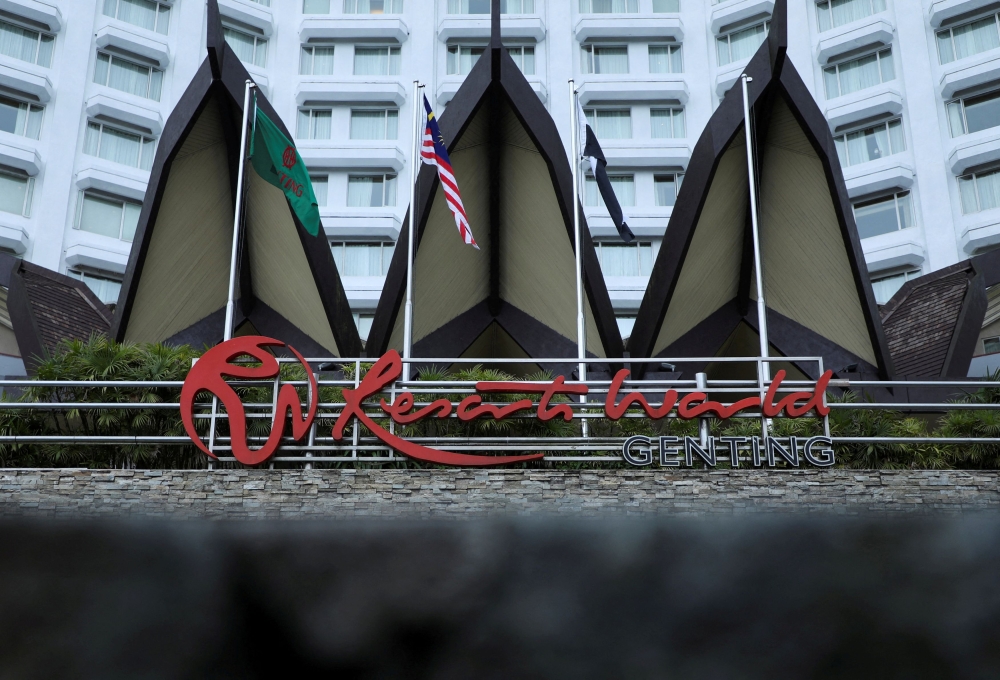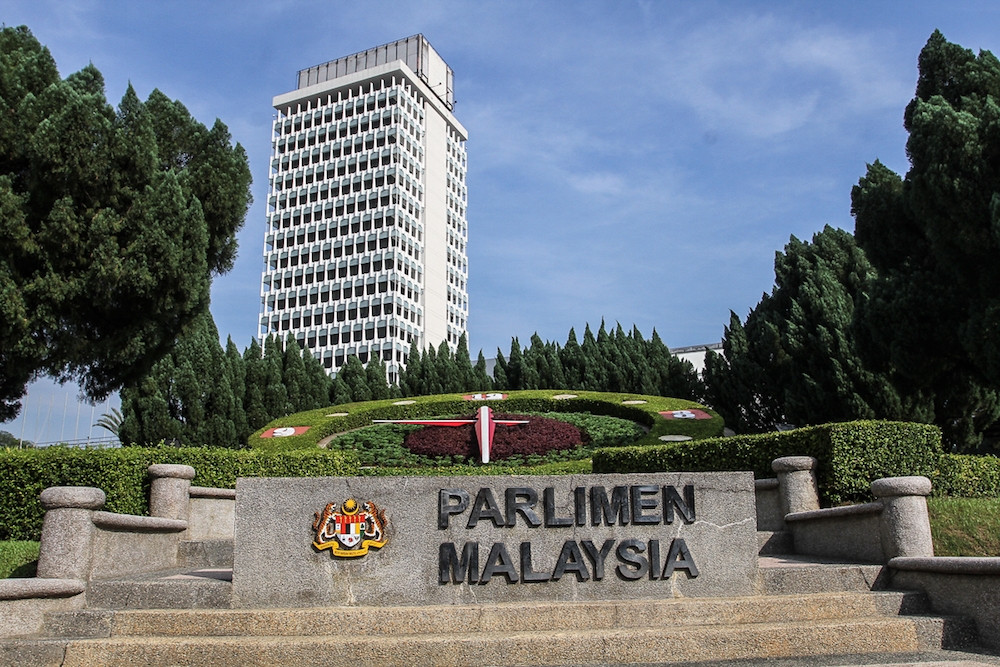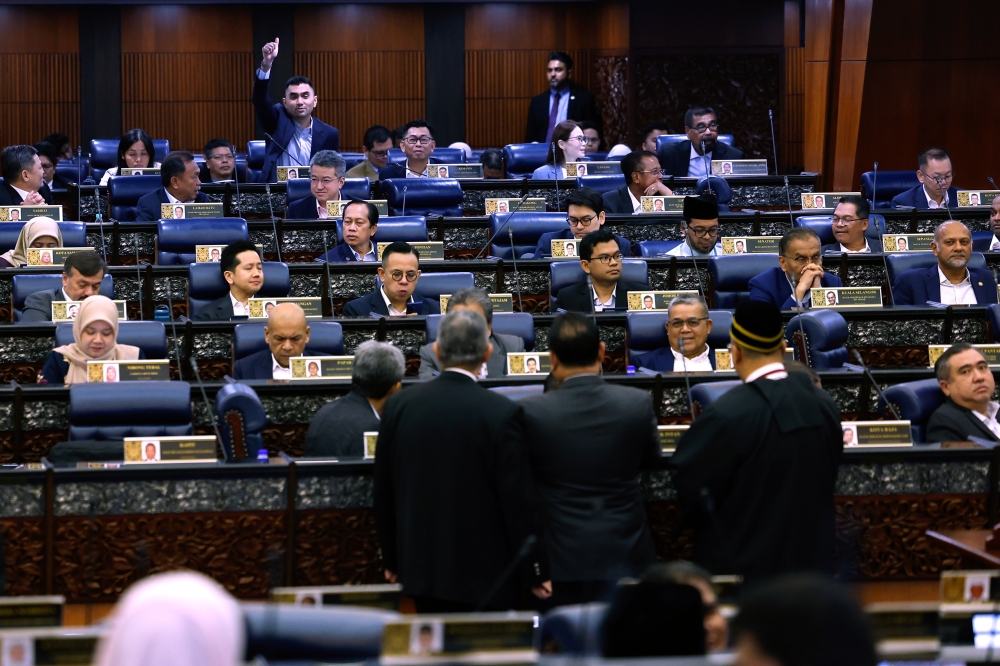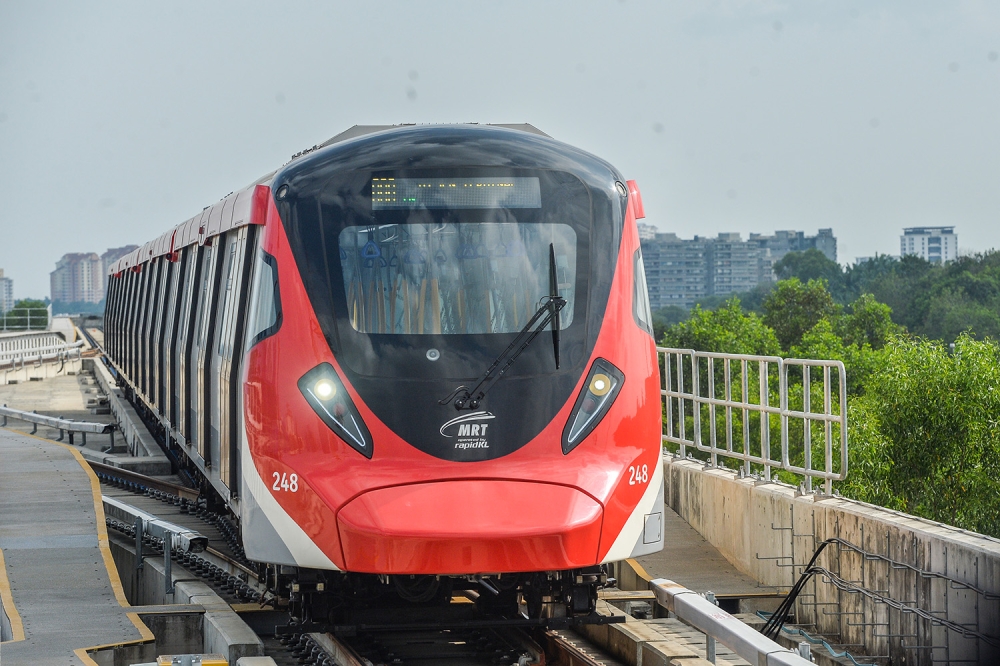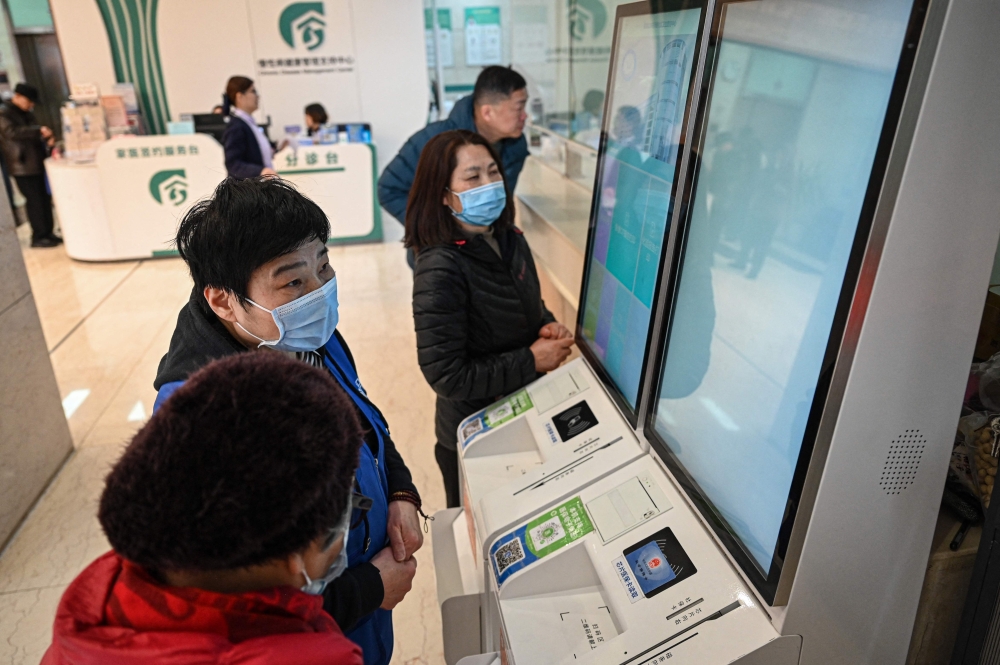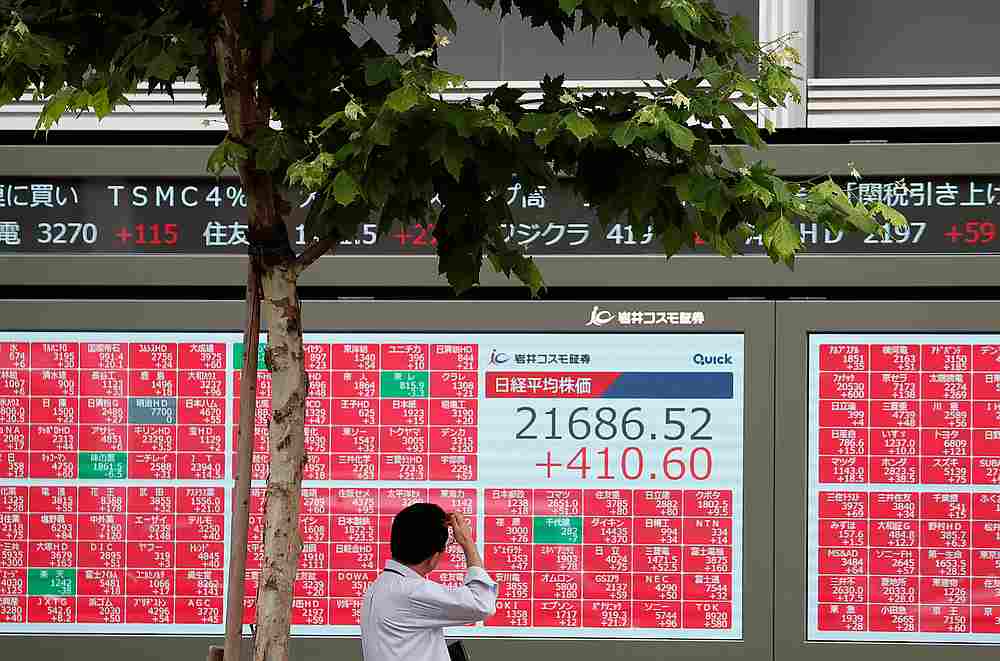SYDNEY, Aug 21 — Asian shares fell today as fresh worries about a global recession led investors to dump risky assets, with US President Donald Trump showing no signs of backing down in his trade war with China.
Trump said yesterday he had to confront China over trade even if it caused short-term harm to the US economy because Beijing had been cheating Washington for decades.
His strongly worded remarks came hours before his government announced approval of an US$8 billion (RM33.36 billion) sale of Lockheed Martin F-16 fighter jets to Taiwan, a move sure to draw Beijing's ire and further dim prospects for a quick trade deal.
MSCI's broadest index of Asia-Pacific shares outside Japan eased 0.2 per cent, snapping three straight days of gains.
Japan's Nikkei slipped 0.6 per cent, Australian shares were 0.8 per cent lower and South Korea's Kospi index was a shade weaker.
On Wall Street, the Dow and the Nasdaq fell 0.7 per cent each while the S&P 500 lost 0.8 per cent.
Some analysts expect a further correction in world shares, which are still above their December lows.
Aside from the trade war, political turmoil in Hong Kong, Britain and Italy have also heightened uncertainties for investors. The prospect of new elections in Italy after the resignation of Prime Minister Giuseppe Conte added to jitters, sending Italian sovereign bond yields sliding.
The key for markets now is whether pledges for more accommodative policy from Germany to China are enough to assuage concerns about the state of the global economy and end fears of recession.
The immediate focus shifts to the minutes of the Fed's most recent meeting, due today. Traders are also awaiting the central bank's Jackson Hole seminar later this week and a Group of Seven summit this weekend for clues on what additional steps policymakers will take to boost economic growth.
Morgan Stanley economist Ellen Zentner advised clients to watch for the use of the word “somewhat” when Fed Chair Powell describes further policy adjustments.
“Acknowledgment that downside risks have increased with no characterisation of 'somewhat' could be taken as confirmation that it is likely the Fed makes a larger cut in September,” Zentner wrote in a note.
Investors are pricing in a 16 per cent chance of a 50 basis point cut to US Fed funds rate in September.
More stimulus
Alarm bells started ringing last week when US 2-year yields traded above those of their 10-year counterparts for the first time since 2007, an inversion that has presaged previous recessions and is widely watched by markets.
Most fund managers and economists expect global policy stimulus to prevent the world from tipping into recession. Supporting that belief, Reuters reported earlier Trump and his advisers are examining ways to provide a boost to the US economy should it be deemed necessary.
In addition, the central banks of the euro zone, Australia and China are all expected step open the monetary spigot further this year while Germany is considering fiscal stimulus.
Those prospects have driven yields lower. Benchmark US 10-year Treasuries rose yesterday to yield 1.540 per cent from a high of 1.625 per cent on Monday.
However, currency markets were mostly subdued ahead of the Jackson Hole meeting and Fed minutes. The Japanese yen was little changed at 106.24 per US dollar after firming 0.4 per cent versus the greenback yesterday, while sterling was last trading at US$1.2162.
The euro trod water near yesterday's high of US$1.1101.
The US dollar index was on the defensive as it drifted away from a three-week top touched earlier on Monday. It was last flat at 98.208.
In commodities markets, US crude dipped two cents to US$56.11 per barrel while Brent added five cents to US$60.08.
Spot gold was a shade weaker at US$1,506.14 an ounce. — Reuters

